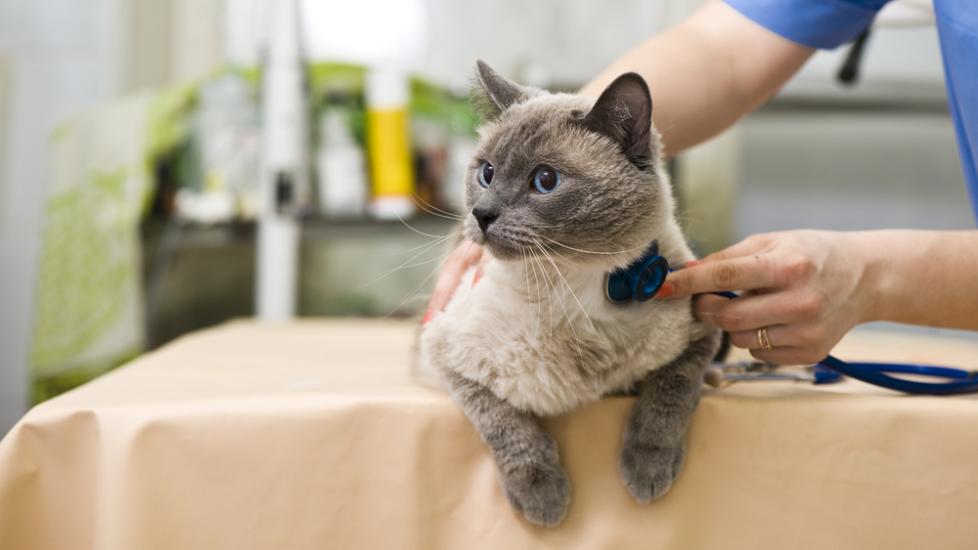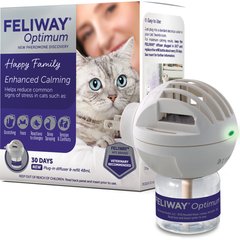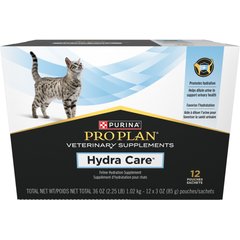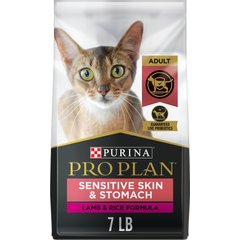Pyruvate Kinase Deficiency in Cats
A deficiency in the enzyme Pyruvate Kinase (PK) impairs the red blood cells' (RBCs) ability to metabolize, which in turn may cause anemia and other blood-related issues.
Symptoms and Types
- Anemia
- Weakness
- Muscle wasting
- Jaundice (rare)
- Pale mucous membranes
- Elevated heart rate (tachycardia)
- Inability to perform routine exercises
Causes
PK definciency is typically associated with a genetic defect acquired at birth.
Vet Recommended Health Support
- Feliway Optimum Enhanced Calming 30 Day Diffuser for Cats$29.99Chewy Price
- Purina Pro Plan Veterinary Diets FortiFlora Powder Probiotic Digestive Supplement for Cats, 30 count$30.99Chewy Price
- Purina Pro Plan Veterinary Diets Hydra Care Liver Flavored Liquid Supplement for Cats, 3-oz pouch, case of 12$14.99Chewy Price
- Purina Pro Plan Adult Sensitive Skin & Stomach Lamb & Rice Formula Dry Cat Food, 7-lb bag$28.08Chewy Price
Diagnosis
You will need to give a thorough history of your cat's health, including the onset and nature of the symptoms, to your veterinarian. He or she will then perform a complete physical examination, as well a biochemistry profile, urinalysis, and complete blood count (CBC).
Blood testing may reveal an increased number of platelets as well as white blood cells (leukocytosis), anemia with abnormally large, pale red blood cells (RBCs), abnormally-shaped RBCs called poikilocytes (poikilcytosis), and a variation in RBC color (polychromasia). The biochemistry profile, meanwhile, may show an excess of iron in the blood (hyperferremia), mild increase in bilirubin, and slight increase in liver enzymes. Lastly, urinalysis may reveal high levels of bilirubin.
Treatment
Bone marrow transplantation is the only available treatment for PK deficient cats. However, this treatment is expensive and potentially life-threatening.
Living and Management
Cats that undergo a bone marrow transplant may have a normal lifespan. Unfortunately, those that are left untreated will typically die by four years of age as a result of bone marrow or liver failure. Most of these patients develop severe anemia and accumulation of fluid in abdominal cavity (ascites) during the terminal stage of the disease.




